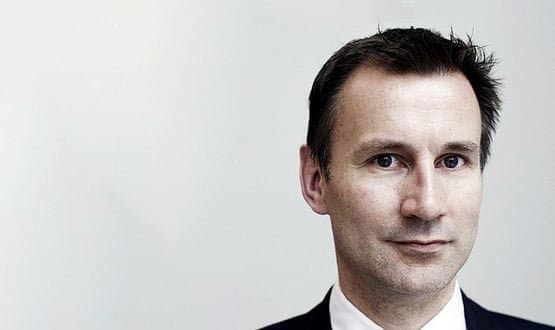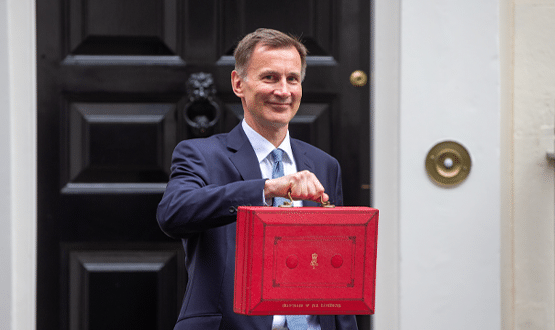Hunt announces £1 billion for health IT
- 4 September 2013

Health secretary Jeremy Hunt has announced another £240m for the technology fund, in a move that will see the government and NHS organisations invest £1 billion in IT over the next three years.
In a statement released today, the Department of Health says the money will be used to improve patient care and ease pressures on A&E departments.
The £260m ‘Safer Hospitals, Safer Wards Technology Fund’ was announced by Hunt earlier this year.
The DH is adding £240m to the existing fund and extending the deadline by a year, making the total figure for investment £500m by 2016.
All successful applications must be matched by local health and social care organisations, bringing the total to £1 billion.
The original technology fund was launched to provide a boost for e-prescribing and the use of electronic patient records in hospitals.
Today’s statement says the new fund will focus on helping A&E departments and NHS staff access GP medical records.
“This new funding will help deliver the government’s commitment to allow everyone to book GP appointments and order repeat prescriptions online by March 2015, as well as give everyone who wants it online access to their GP record,” it says.
However, how the fund will do this is unclear as it is open only to NHS trusts, not GPs or other primary care organisations.
The first round of the technology fund received 760 applications totalling £650m and focused on four key areas: adoption of the NHS Number as the primary identifier; integrated digital care records including information sharing within and between organisations; e-prescribing; and advanced scheduling.
NHS England’s director of patients and information, Tim Kelsey, told EHI the overarching objective of both funds is to create “proper interoperability” in the NHS. A barrier to this has been the need for trusts to provide upfront capital.
“This is a bold initiative by the secretary of state and the government to put this kind of commitment behind interoperability in the health service,” he said.
Criteria for the new £240m fund will be released soon. “We have had a very, very positive and overwhelming response to the first fund, but now we are trying to incentivise some other sorts of trusts,” said Kelsey.
Some of the money will most likely fund applications that are not successful in the first round.
“We haven’t quite decided yet, but certainly it will be directed at many of the excellent applications for the first fund. It will also recognise there are certain trusts like ambulance trusts that we want to support in ways that are appropriate,” he explained.
“We want A&Es to be able to routinely upload GP records and ambulances to be able to upload GP records on their way to an emergency. These are extensions of the safety emphasis in the first fund.”
Kelsey said NHS England would also be encouraging joint bids from NHS trusts and social care organisations.
The original technology fund said NHS England was looking to develop NHS VistA: open source software based on the successful creation of the VistA electronic patient record by the US Veteran’s Health Administration.
It asked all trusts applying to the fund to indicate whether they would be interested in getting involved in a VistA-style development.
Kelsey said NHS England is still keen to promote a diverse market in health IT, but played down the emphasis on NHS VistA.
“Open source has been very popular in the US and has certainly delivered for the VA, but we are not majoring on it in that sense,” he told EHI. “Open source is an option and certainly some trusts expressed a keen interest.”
Hunt said that the £1 billion investment would help to make sure that the government’s “previous IT failures” would not be repeated.
"Labour’s project saw spiralling costs, bungled management and little or no return for patients or staff," he said in a blog on Conservative Home.
"Overdue and over budget, [NPfIT] was a gargantuan, one-size-fits-all solution that proved as unworkable as it was costly.
"Today’s announcement builds on our radically different vision – innovation driven by local healthcare providers working in the interest of patients. Individual providers will bid for our support in driving these local solutions."





